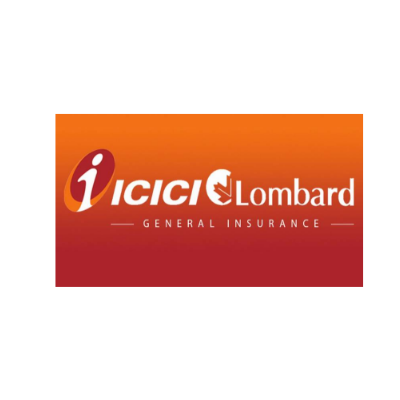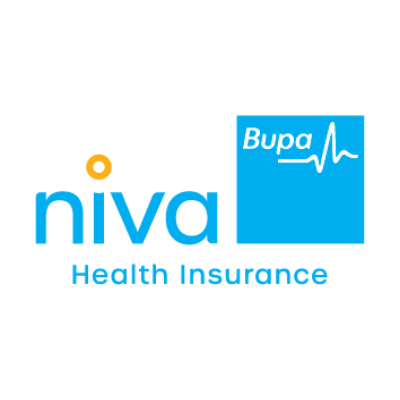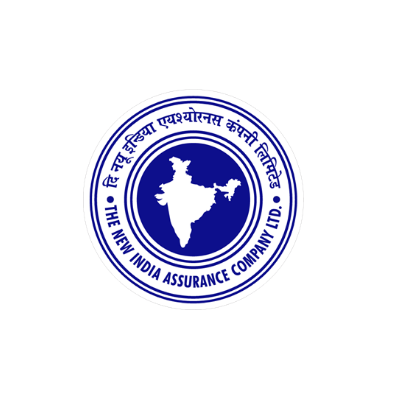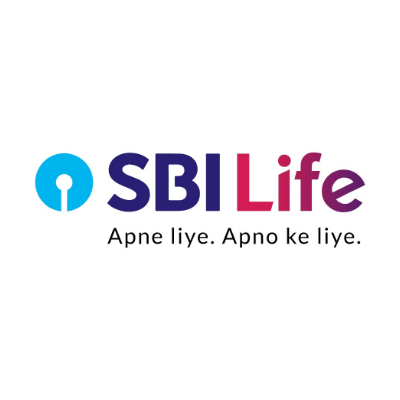BENEFITS OF BUYING A HEALTH INSURANCE POLICY AT AN EARLY AGE
‘Health is wealth’ is an adage known to all. Staying fit and eating right from a young age promises a disease-free life to a great extent. However, you may face illnesses or meet with accidents during your lifetime. These situations are beyond your control and totally unforeseen. Further, you require access to the best healthcare services and medical treatment. Access to superior healthcare is expensive and will be a drain on your financial resources.
This is where a health insurance policy plays a helpful part. Health insurers assure the payment of medical treatment and hospitalisation costs incurred by policyholders for the treatment of illnesses or injuries suffered due to accidents. To avail of the benefits, the policyholder must pay periodically a specified premium depending on coverage and other factors.
Benefits Offered By Health Insurance
- An insurance policy helps to deal with the rising costs of medical expenses.
- A comprehensive plan will take care of all the expenses related to hospitalisation including medicines, tests, consultation fees, room rent, ambulance charges, etc.
- Planned and emergency hospitalisation is covered by the policies. You can avail of benefits up to a maximum of the insured value.
- An all-inclusive plan covers regular medical check-ups. This helps in diagnosing diseases in the early stages, enabling prompt medical attention.
- Family health insurance plans cover self, spouse, children, parents, in-laws, etc.
- Cashless treatment can be availed in the network of hospitals that have tied up with your insurance provider. The insurer will directly pay all the bills at the hospital.
- The insurance policy can be renewed without any restriction on the age limit and can be continued during the entire lifetime of the policyholder.
Benefits of Buying a Health insurance Policy at a Young Age
- Taking care of your health without affecting your finances and household budget is the primary benefit offered by a health insurance policy.
- The premium to be paid to the insurer is dependent on your age and your current health condition. At a younger age, you will be normally healthy and devoid of any serious ailments. Hence the premium to be paid will be lower.
- When you do not file any claim during a year, you will be eligible for a no-claim benefit when renewing the policy. Typically, no claim benefit is provided to you as an increase in the insurance coverage amount.
- Since health issues for people under 30 are minimal, a medical history report will not be required. This makes buying insurance simple and easy.
- Most of the policies have a wait-in period of two to four years before they provide coverage for pre-existing diseases. At a young age, when the chance of falling ill is low, this waiting period is negligible compared to the long-term benefits.
- Policies covering maternity expenses will help save money spent on delivery and hospitalisation.
- The treatment expenses of aged parents who are unhealthy will be taken care of by the family floater policies.
- The annual medical check-ups included in the plans will help detect lifestyle diseases at the onset, enabling the start of adequate treatment immediately.
- The government of India provides tax exemptions on the premiums paid for health insurance plans under Section 80D of the Income Tax Act, 1961.
With the change in lifestyles and environmental and occupational factors like stress, pollution, and long hours at computers, the number of diseases that affect the young is on the rise. It is, therefore, imperative that the younger generation take health insurance policies at an early age.
FAQs - Frequently Asked Questions
Q1. Which type of health insurance is considered the best?
Multiple types of health insurance plans are available. Depending upon your requirement, eligibility, and financial capability you can choose the plan. Health policies for individuals, senior citizens, family floaters, critical illness, maternity, accidents, etc. are available.
Q2. Do all health insurance plans offered by the different companies cover the same benefits?
The benefits covered by the different plans offered by different insurance companies vary considerably. You must check and compare the benefits of different plans before choosing one. For instance, treatment expenses related to optical and dental matters are not covered by all. Maternity expenses and fertility treatment too are not covered by all insurers.
Q3. What is essentially the difference between an individual health plan and a family floater plan?
In an individual health plan, the maximum benefit that can be availed by the policyholder is limited to the sum assured by the policy and can be used only by the individual specified in the plan. In a family floater plan, the total of the sum assured for all the family members included in the plan can be utilised by even one member. This is advantageous where high treatment costs are involved for serious illnesses.




































